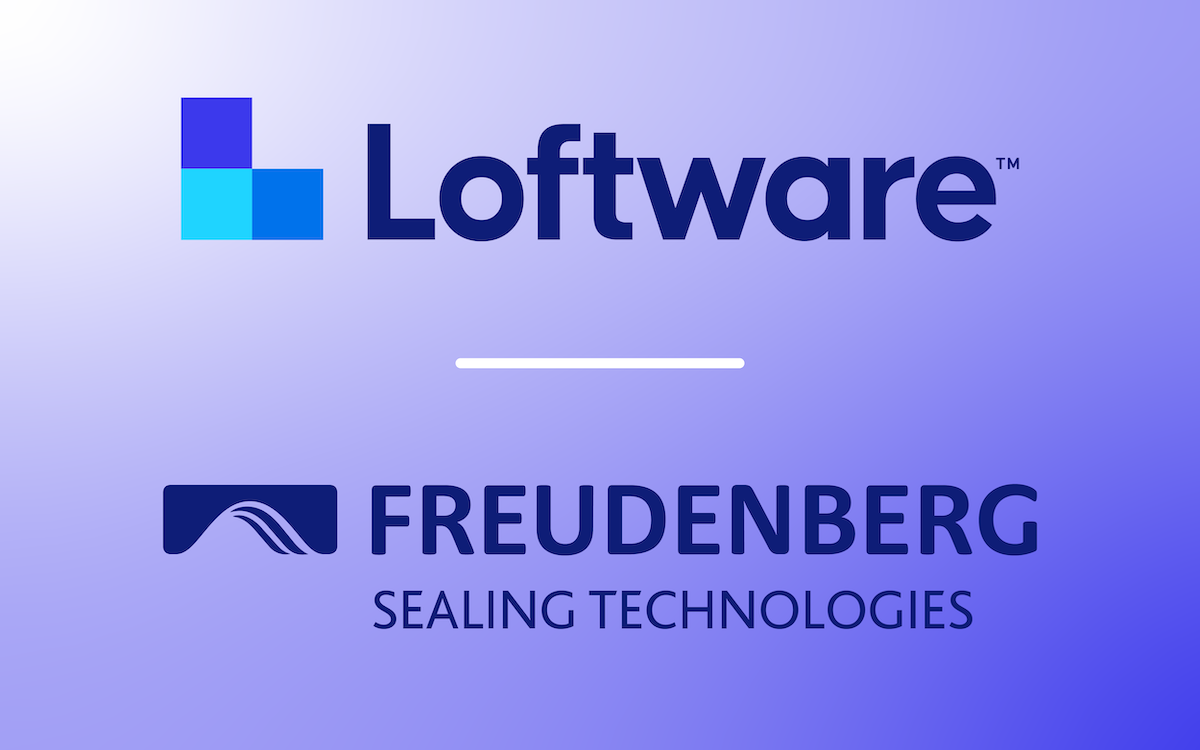April 10, 2024
Blog
Top 5 Trends for 2024: Embracing industry-specific supply chain strategies
Alexandria Zakrzewski
Marketing Communications Specialist
Share
In the evolving landscape of supply chain management, staying ahead of trends is key to success in 2024 and beyond. Managing the high volume of customer requirements and ever-changing global regulations continues to prove to be a hurdle in today’s supply chain. A wide range of industries such as automotive, electronics, manufacturing, life sciences, and more are all faced with their own unique set of challenges.
Loftware’s annual ‘Top 5 Trends in Labeling & Packaging Artwork’ report, which draws on insights from over 300 labeling, packaging, and supply chain professionals across industries in 55 countries, revealed that 87% of organizations have experienced a direct impact on business due to supply chain disruptions.
Read on to find out how solutions such as cloud-based labeling can eliminate these challenges and benefit organizations across all industries.
Global regulations impact bottom line
In today’s interconnected world, global regulations play a significant role in shaping supply chain strategies. From environmental mandates to product labeling requirements, compliance is no longer just a matter of checking boxes – it is a critical factor affecting the bottom line.
Loftware’s report revealed that 60% of organizations said changing global regulations have resulted in fines/penalties, lost revenue, and loss of business. Companies are integrating comprehensive cloud-based solutions into their supply chain decisions and finding more efficient ways to showcase unique data attributes. This is why labeling must be both dynamic and data-driven for companies to quickly respond, while improving accuracy and consistency to avoid fines, secure entry into new markets, and ensure safety. This approach minimizes the risk of errors leading to recalls and costly fines, all while helping companies meet requirements with increased speed and agility.
Businesses seeking single printing platform
Today’s customers demand speed, accuracy, and consistency throughout the supply chain, from order placement to delivery. In turn, companies are recognizing the benefits of automation and digitization. Adopting a single-platform labeling and printing solution reduces redundancies, increases efficiencies, and saves time and expenses. In fact, 91% of businesses surveyed reported that they see an advantage of using a single platform to support thermal transfer type labeling, as well as direct marking and coding.
Whether it’s a manufacturer shipping product globally or a retailer managing an extensive network of suppliers, having a centralized printing platform streamlines operations, reduces errors, and enhances overall agility. By centralizing and standardizing labeling process, companies achieve greater supply chain visibility and traceability while meeting customer demands for reliability and consistency.
Digital passports guide purchasing decisions
In an increasingly digital world, product authenticity and transparency are top priorities for businesses and consumers alike. Digital Product Passports (DPP) have emerged as a game-changer in the supply chain. DPP’s provide detailed information about a product’s journey from manufacturing to distribution and are gaining traction as a valuable tool for guiding purchasing decisions. By scanning a product’s digital passport, consumers can access information about its origins, ingredients, sustainability practices, and more, empowering them to make more informed choices.
Additionally, the adoption of DPPs plays a pivotal role in addressing both consumer and regulatory compliance challenges. From a product perspective, there are many categories that will eventually be required to include a DPP on their goods, including but not limited to batteries, apparel, electronics, and construction materials.
Future-proofing supply chains
In conclusion, industry focus emerges as a driving force behind key decision-making processes. From navigating global regulations to meeting customer demands, companies must adapt to these shifting dynamics to remain efficient and competitive in today’s fast-paced and ever-evolving marketplace. By embracing trends such as centralized printing platforms and digital passports, organizations can future-proof their supply chains and position themselves for success.
For more information about Loftware’s Top 5 Trends 2024, download our report for free. Additionally, you can watch a recording of the ‘2024 Top 5 Trends in Labeling & Packaging Artwork’ webinar here.


